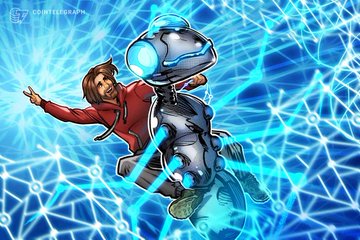
Without robots, DAOs may never be more than a pipe dream, as fully automated DAOs eliminate the barriers related to human bias.
Decentralized autonomous organizations (DAOs) offer a new way of organizing businesses in a non-hierarchical structure that encourages participation from every member of a community. With no central leadership and decisions made collectively, DAOs could revolutionize the way we think about work, but their implementation is not without challenges.
The term DAO is sometimes used to refer to a system of software processes that coordinates and operates itself in a fully automated way, relying on humans only indirectly via outsourcing specific pieces of work to them as needed. The classic example would be a blockchain-based network that sells file storage space or machine learning model training services, advertising its wares, renting hardware, accepting payment and so forth via automated scripts or smart contracts. The automated network could take care of every aspect of the organization — potentially, it could even include code enabling it to summon and pay a human accountant or lawyer when necessary.
Another interpretation of the term DAO is as a mode of organizing network software processes that may be individually governed by humans, but where the overall network is controlled and guided in a decentralized way without typical formal corporate structures or management.
